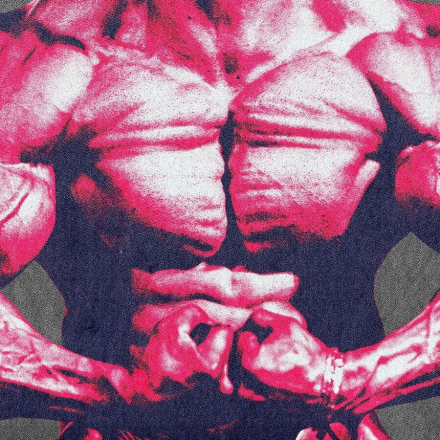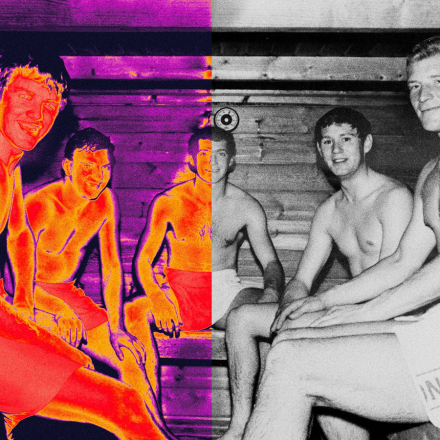A new study reveals the exact age when the average man is most likely to succumb to boredom and lose interest in fun and excitement.
According to research conducted by Airbnb, the peak age for men to experience this transition from an energetic, adventurous spirit to someone who becomes a dull, grumpy presence in queues is 39. This finding aligns with the well-known midlife crisis, where individuals often feel a decline in vitality and face numerous responsibilities both at work and at home.
Interestingly, women hit their peak of dreariness earlier, at 35. This coincides with a peak in sexual desire, which adds a layer of complexity to the situation. On the flip side, the age at which people enjoy life the most, characterized by spontaneity and risk-taking, is 27. At this age, individuals are typically more self-assured, cheerful, and optimistic about the future—though, as evidenced by the study, this sense of vitality often wanes within a decade.
The study's criteria for measuring zest for life include:
- Wild partying until early morning on a weekday
- Immersing oneself in a new hobby
- Spontaneous friendships
- Impromptu vacations
- Learning new skills
- Unannounced visits to friends
- Sudden job changes
- Impulsive purchases
- Romantic dates and efforts to improve personal relationships
- Engagement in new sports
From this perspective, a Viking of the 10th century, conquering lands and raiding temples, may not seem as lively as a modern middle manager with a packed week of dating, macramé classes, and spontaneous shopping trips.
The good news is that the ennui of the 39-year-old is merely a peak. By around age 50, men often become more cheerful and, surprisingly, more spontaneous in their actions.
Another positive note is that Welsh individuals experience their boredom crisis later, at age 41, so if you're Welsh, you get a few extra years of enjoyment before the slump hits.


















